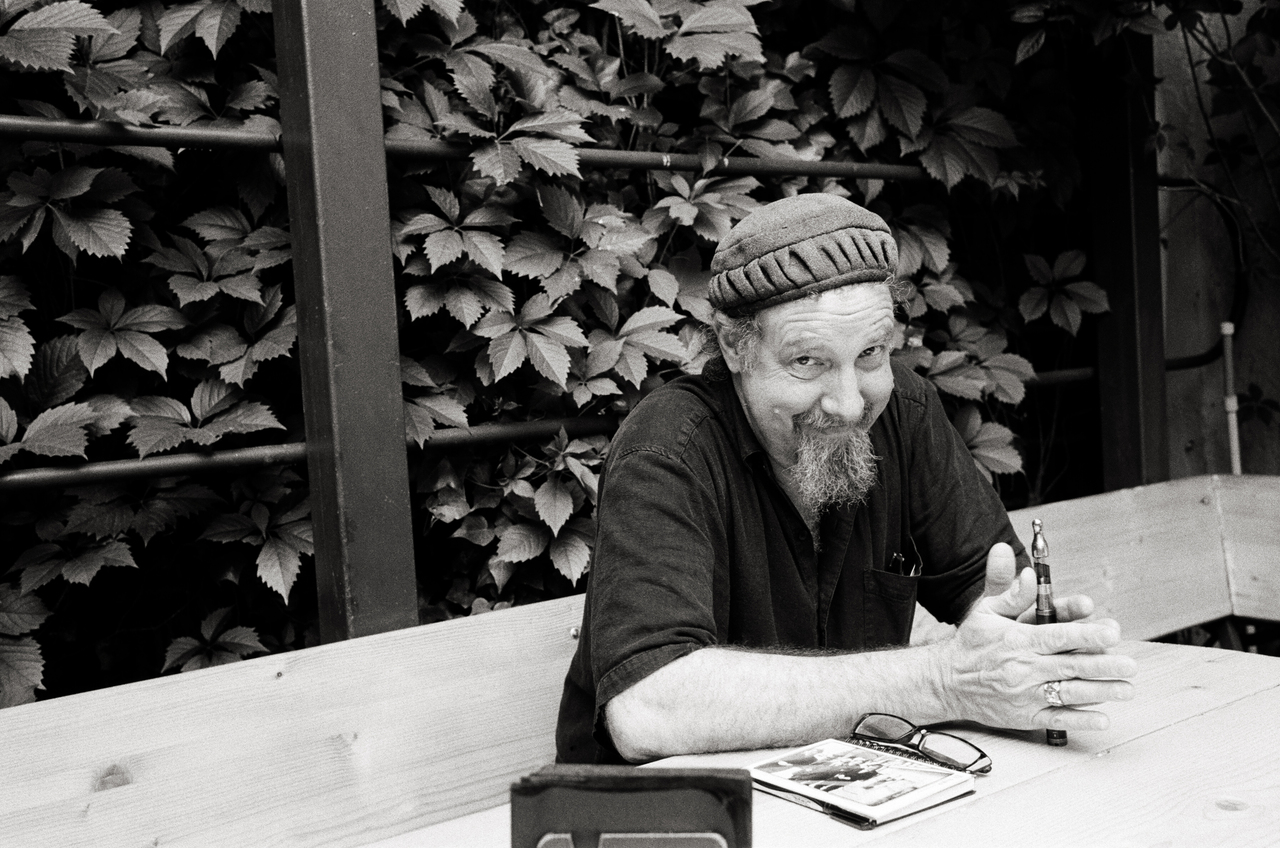Written by:
Share article:
An Asian in Bucharest
"It was 1984 in Washington, DC, at the height of that city’s legendary hardcore punk scene. We were young, aggressive and frustrated, and though not dumb, the amount of things we didn’t know were huge. We had no idea how important that punk scene was in DC. We had no idea that we were in the last year of hardcore punk, that the next year, the scene would just collapse into fragments. We had no idea we would survive and grow old and sit in chairs at desks for decades to come. And we had no idea that the visceral, instinctive and emotional wave of hardcore punk that surprised us and filled us with ideas and growling intensity was a feeling we would never feel again.
One of the great surprises was at a JFA show in DC in 1984 at the 930 Club. The small club was packed as usual for a well known out of town band, a band whose logo was easily drawn on jackets, skateboards and walls. None of us knew the opening band, but back then, we had no information except for paper magazines and we were hungry for most any music. The opening band came out and the guitarist with his head wrapped in an Arab keffiyeh head scarf, started to sing in a high falsetto, like a feminine muezzin, chirping out a call to prayer. This went on for minutes. No accompaniment. This was at a time where hardcore punk fans would abandon their favorite bands for daring to play a song less than faster than the speed of light.
People started to leave. A few here, more there. Than a constant stream of people headed for the door. Hardcore punkrock took in and embraced many different musical flavors (The Pogues and The Butthole Surfers for God’s sake) almost because there was no place else to go. But a challenging avant-garde, experimental trio? Sometimes, people just wanted to thrash. For the few of us that stayed, and it was a fair amount, we were enthralled for next hour. All I remember thinking was, ‘who are these guys? And where the hell are they taking me?’.
During one sequence, the drummer was standing, sticks just barely brushing the cymbals, in a trance, the band letting the tension build. When the break finally came, the drummer descended on his kit and I saw a drumstick shatter but did not see where the top half went until the guy in front of me turned around, blood streaming from his face. We filled in the gap he left and closed ranks to get closer to this crazy band. Who were they, I asked someone after the show. Sun City Girls. I bought their album that week and drove my friends nuts with it for months. I don’t even remember JFA playing.
Thirty-one years later, I was in Bucharest for a week, there to photograph the people and the streets. This musician I had met that night before took me to Club Control to watch a free, improvisational duet of violin and percussion as she was a friend with the violinist. This show was an unexpected choice and I was enjoying the performance and oddly proud of the size of the crowd in attendance for such an experimental performance. Then some guy named Sir Richard Bishop came on. I had assumed it was going to be a DJ since it was a club. I had no idea. Bishop brought out a gorgeous small body 19th century guitar and started off with a song, heavy in the Phrygian mode, playing fully off of the North African mode. Unexpected again. I heard his voice in between songs. Definitely American. At times, percussive and at times, trancelike, I sat on the floor beneath the bar and let myself get taken along for the ride.
It was, afterwards, outside in the terrace that I found out that it was Richard Bishop from the Sun City Girls. Well, look at that. We had both survived.’’





